My favourite misunderstood baddies
Published on: 23 Mawrth 2018 Author: Tom Clempson
Villains are very rarely entirely bad. Quite often they're completely misunderstood.
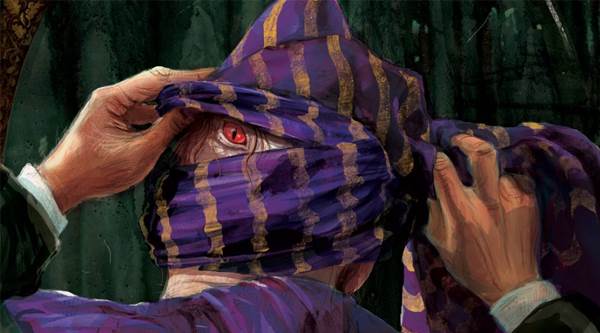
Lord Voldemort
If there's one thing we can learn from this list it's this – you can't take people at face value. And no villain is more misunderstood than poor little Voldy-woo.
First things first, forget the whole Tom Marvolo Riddle/I Am Lord Voldemort anagram nonsense and focus on this – the name 'Voldemort' is actually an anagram of 'Dr Tom Love' – possibly the most beautiful name in existence.
Then, consider Dr Tom Love's motives. He learns from some prophecy that a wizard child, who he has never even met, is one day going to kill him. So, in an act of pre-emptive self-defence, he goes out to stop this bloodthirsty baby. Is it Dr Love's fault that he got in with the wrong crowd? I mean, the name 'Death Eaters' really is quite misleading! He surely thought that, just as the stink-eradicating shoe inserts 'Odour Eaters' eat bad odours, Death Eaters would eat death - get rid of it - like some kind of wizarding paramedics. How was he supposed to know that they were guilty of false advertising and were actually pro death?!
And let's not forget about the whole misunderstanding with that killing curse that he accidentally used on Harry. Dr Love's dad was a Muggle, so is it any wonder that he, like most non-magic children, grew up using the word 'Abracadabra' in harmless wizard-y role play games? Was it his fault that the wizarding world then went and made the WORST CURSE IMAGINABLE sound almost identical to this harmless child's play word? I mean, what were they thinking? An accident was bound to happen sooner or later!
So, all because of these minor misunderstandings, the compassionless Harry refuses to consider Dr Love's side of the story, and spends seven whole years of his life hell-bent on getting his own back on this innocent old man.
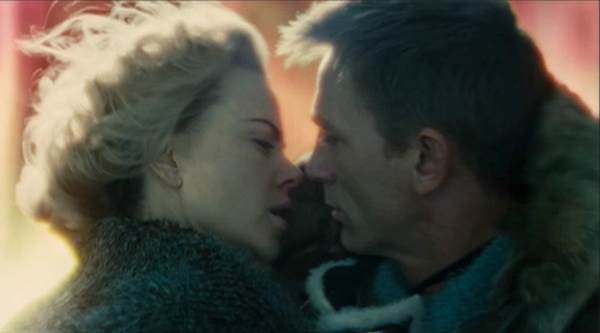
Mrs Coulter and Lord Asriel in His Dark Materials
Mrs Coulter and Lord Asriel are the parents of the book's protagonist, Lyra, and the way they flit between acting like dastardly villains and protective parents leaves you unsure of where exactly they gauge on the villain-o-meter. And then we remember all the atrocities they were responsible for, like kidnapping children... and torturing children... and killing children... I'm thinking that, for me at least, they both still come across as being a teensy bit not very nice.
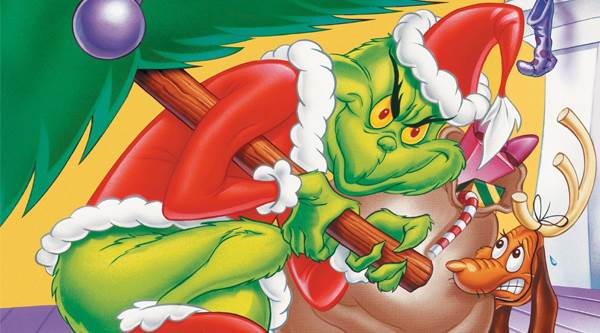
Everyone in How the Grinch Stole Christmas
There has been a longstanding debate as to whether the villain of this book is the miserly killjoy Mr Grinch, or whether it is the consumer-driven Whos of Whoville, who abandon the true spirit of Christmas by focusing on their own selfish needs and shunning the lonely, friendless Grinch. The truth is that it is both the Grinch and the Whos who are the guilty parties - for talking in non-stop rhyming verse that grates on the nerves like nails down a blackboard.
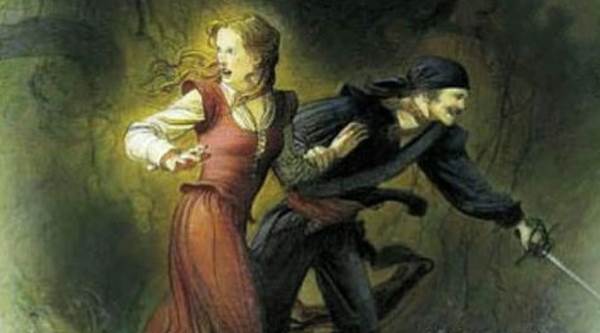
The Dread Pirate Roberts in The Princess Bride
Since it has been such a big influence on my own writing, it would be a villainous act on my behalf not to include William Goldman's masterpiece in this list. The Dread Pirate Roberts is the villain in question and murdering Princess Buttercup's true love, Wesley, is what we hate him for. When the same dastardly pirate later rescues Princess Buttercup from kidnappers it soon becomes apparent that The Dread Pirate Roberts actually is Wesley.
However, we later wonder whether Wesley's life-risking hard work might all have been in vain when Princess Buttercup fails to even recognise him - her supposed 'true love' - just because he's wearing an eye mask. He doesn't even disguise his voice by putting on a silly accent or a Batman-style growl! This is when our Villain Radars suddenly shift away from the Dread Pirate Roberts, and settle firmly on Princess Buttercup for her sheer lack of true-love-ness.
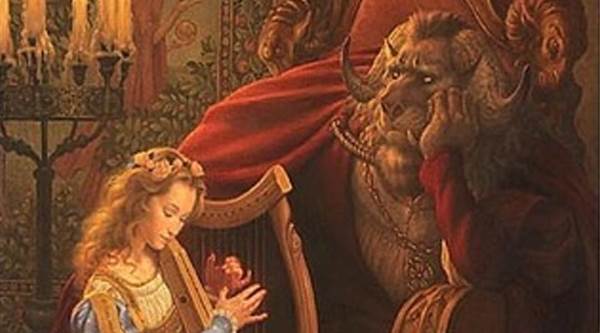
The Beast in Beauty and the Beast
The obvious school of thought for this book is that the Beast is a misunderstood villain - a greedy, vain, self-obsessed man, who pays the price for his selfishness by being turned into a monster, who then learns to put the welfare of others before himself.
But I think it's so much more complex than that. For me, the villains of this book are undoubtedly the parents – both Belle's parents and the Beast's. I mean, what were they thinking with those names? To call your daughter 'Belle' (which translates as 'Beauty') is a bit like me naming my daughter Utterly Gorgeous – a villainous act in itself. But even worse than that – who would call a baby boy 'Beast'?! Of course these two are going to grow up with issues!
Belle swans around thinking she's the prettiest girl in town, and the Beast broods in his castle like a sullen, pig-headed teenager. Thankfully the parents get let off the hook when both children turn out okay in the end, but it's hit and miss for a moment, and the story acts as a dire warning that we too could so easily drift into the realms of villainy by giving our own children awful, overly descriptive names that will influence their future careers or personalities (I mean, just look what happened to Bob the Builder).


